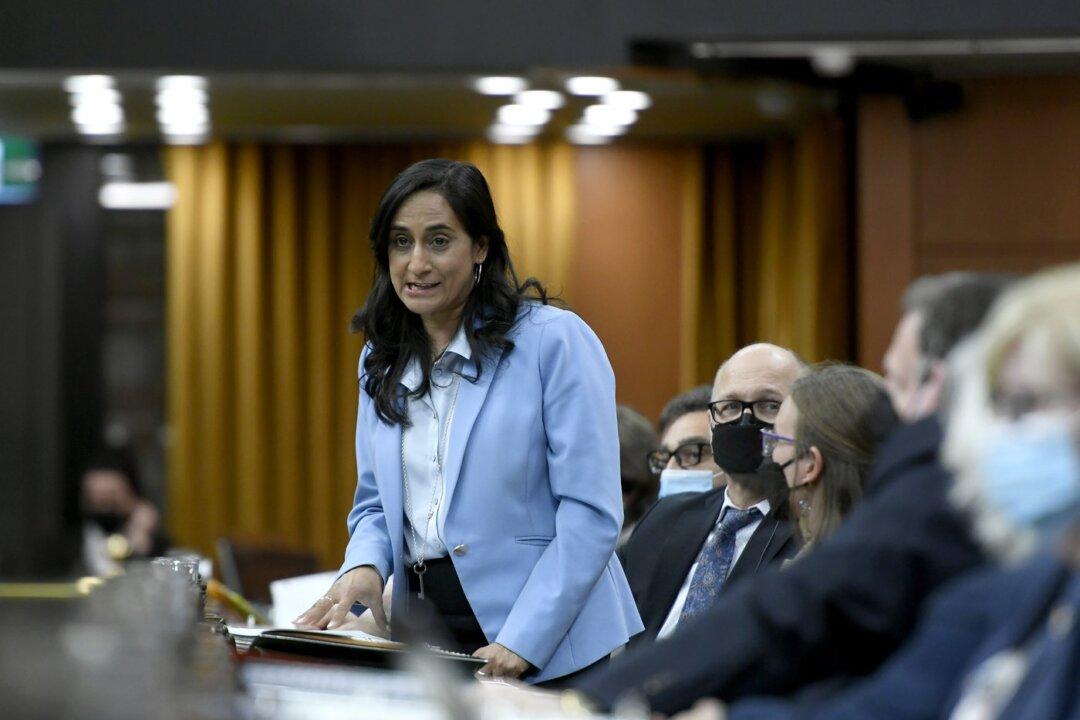Defence Minister Anita Anand has said it is “heartbreaking” for members of Canada’s armed forces who served in Afghanistan to see the Taliban back in power.
But Anand told a special Parliamentary committee on Afghanistan on Monday that Canada’s armed forces helped give a generation of Afghans access to school, university and health care.





